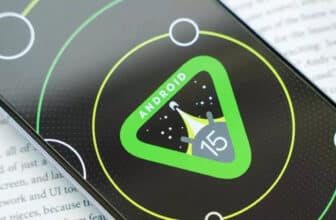
An Old Master? No, It’s an Image AI Just Knocked Up … and It Can’t Be Copyrighted
The use of artificial intelligence (AI) in art has hit a roadblock with a recent ruling that an award-winning image cannot be copyrighted because it was not sufficiently made by humans. The decision, delivered by the US copyright office review board, stated that Théâtre d’Opéra Spatial, an AI-generated image that won first place at the 2022 Colorado state fair annual art competition, was not eligible for copyright protection because it was produced by a non-human entity.
Artist Jason Allen argued that his use of the online AI-platform Midjourney allowed him to claim authorship of the image, as he provided prompts, adjusted the scene, selected portions to focus on, and dictated the tone of the image. However, the board ruled that if all the “traditional elements of authorship” were produced by a machine, the work lacks human authorship and cannot be registered.
This ruling comes at a time when writers, actors, musicians, and photographers are already expressing concerns about AI threatening their livelihoods. It follows a similar ruling in a US federal court last month, which stated that an image created by an AI computer system could not be copyrighted because human beings are an essential part of a valid copyright claim.
Courts are increasingly considering human authorship requirements under copyright law. For example, a copyright claim for a book “authored” by non-human spiritual beings was rejected, as copyright is not designed to protect creations of divine beings. Even a copyright lawsuit brought on behalf of a selfie-taking monkey was dismissed. However, in the Thaler case, Judge Beryl Howell acknowledged that artists are approaching new frontiers in copyright, where AI is used as a tool to create new work.
The ruling has sparked debates about the understanding of art by judges and the definition of human authorship. New York artist-critic Walter Robinson, who has been using Midjourney, believes that using any kind of tool, whether it’s a brush or a computer program, is a creative process directed by a human agent. He argues that while he may not be drawing when using Midjourney, he is still crafting an image using a tool.
The article also mentions another issue troubling the art world—non-fungible tokens (NFTs). An analysis found that 95% of more than 73,000 studied NFTs are now of no practical use or value, two years after the market peaked at $22 billion. This finding serves as a sobering reminder of the euphoria surrounding NFTs.
Overall, the ruling on AI-generated art and the challenges faced by artists in the age of AI highlight the evolving landscape of copyright and the need to address the role of machines in creative processes.



